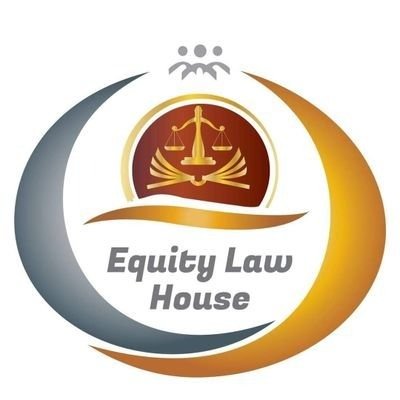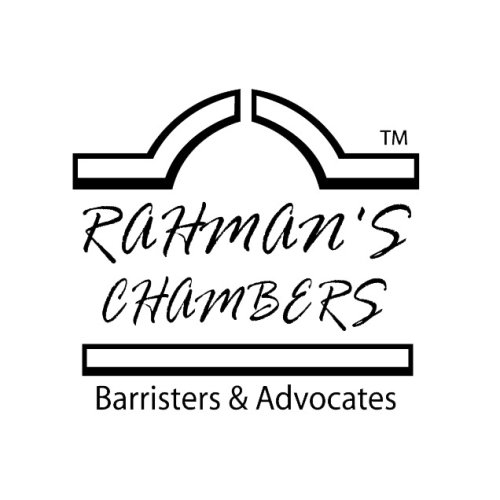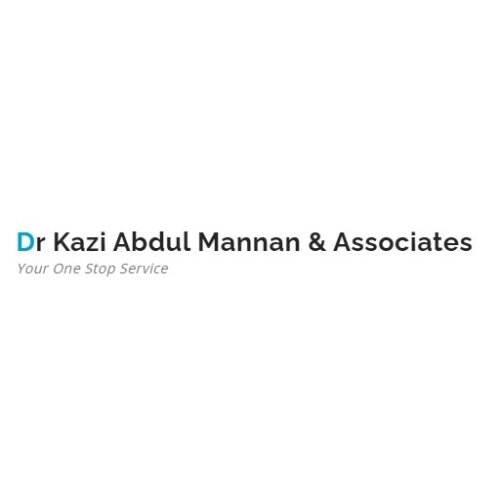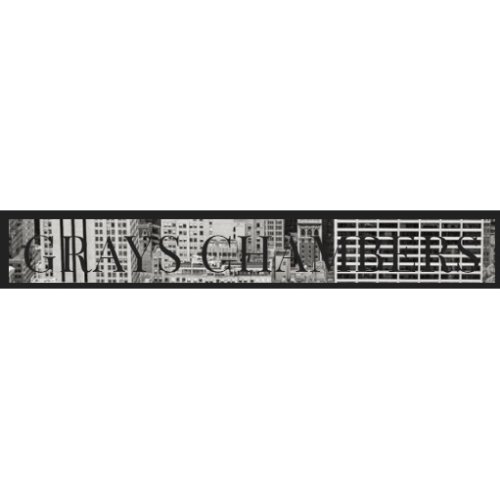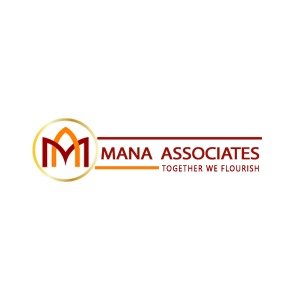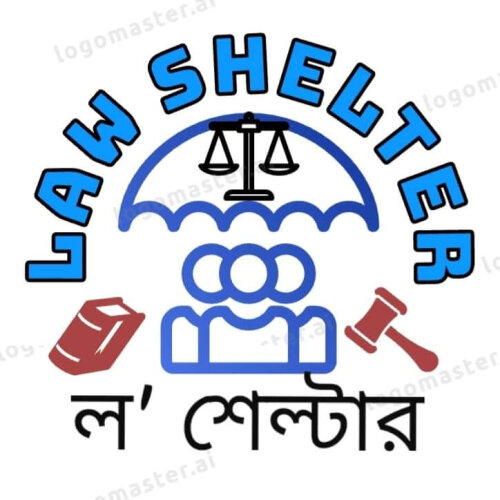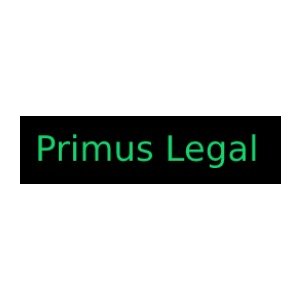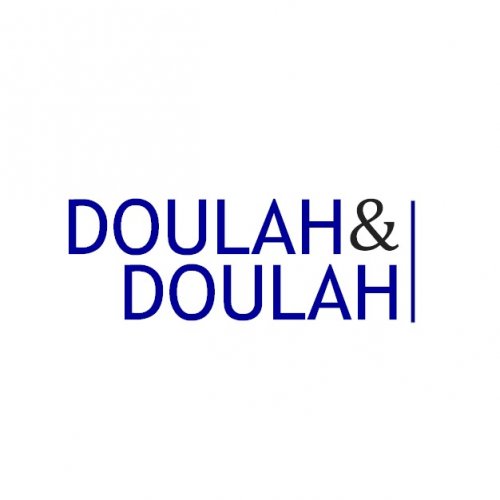Best Mortgage Lawyers in Bangladesh
Share your needs with us, get contacted by law firms.
Free. Takes 2 min.
Free Guide to Hiring a Real Estate Lawyer
Or refine your search by selecting a city:
List of the best lawyers in Bangladesh
About Mortgage Law in Bangladesh
In Bangladesh, a mortgage is typically a legal arrangement in which a borrower agrees to pledge a property, usually real estate, as security for a loan with a lender. Mortgage laws in Bangladesh are primarily governed by the Transfer of Property Act, 1882, and supplemented by various banking regulations. These laws establish the framework for creating, registering, and foreclosing on mortgages. Mortgages are commonly used by individuals and businesses to finance the acquisition of property, fund construction projects, or raise capital by leveraging existing real estate assets.
Why You May Need a Lawyer
There are several situations where individuals or businesses may require legal assistance with mortgages in Bangladesh. Common scenarios include:
- Understanding complex legal terms: Mortgages involve intricate legal terminology and conditions that may necessitate expert interpretation.
- Drafting or reviewing mortgage agreements: Ensuring that your interests are fully protected in mortgage documents.
- Disputes with lenders: Resolving conflicts or disagreements that may arise regarding mortgage terms or payments.
- Foreclosure proceedings: Legal representation might be necessary if facing the foreclosure of a mortgaged property.
- Property title issues: Assistance in investigating and resolving any title disputes or defects affecting the mortgaged property.
Local Laws Overview
Key aspects of mortgage-related laws in Bangladesh include:
- Transfer of Property Act, 1882: This act lays down the fundamental rules regarding mortgage registration, rights, and obligations of parties involved in mortgage transactions.
- Registration Act, 1908: All mortgage deeds must be registered to be legally enforceable, entailing proper documentation and public record maintenance.
- Artha Rin Adalat Ain, 2003: This law governs the recovery of loans and ensures that borrowers and lenders adhere to due process during foreclosure and recovery actions.
- Bangladesh Bank regulations: These are financial regulatory measures that guide banks and financial institutions in mortgage lending practices, interest rate policy, and consumer protection.
Frequently Asked Questions
1. What is a mortgage, and how does it work in Bangladesh?
A mortgage in Bangladesh involves the pledging of real estate as collateral to secure a loan. The borrower remains in possession of the property, while the lender holds a claim that can be enforced in case of default.
2. How does one register a mortgage in Bangladesh?
To register a mortgage, the parties involved must execute a mortgage deed and submit it to the local Sub-Registrar’s office for registration, along with the required fees and documents.
3. What are the types of mortgages recognized in Bangladesh law?
The Transfer of Property Act identifies several mortgage types, such as simple mortgage, usufructuary mortgage, English mortgage, mortgage by deposit of title deeds, and anomalous mortgage.
4. What happens if I default on a mortgage loan?
Defaulting on a mortgage can lead to foreclosure proceedings, where the lender seeks to recover the outstanding loan by selling the mortgaged property.
5. Can I sell a mortgaged property?
Yes, a mortgaged property can be sold, but the mortgagee’s (lender's) consent is typically required, and the outstanding loan amount must usually be cleared upon sale.
6. Are there any penalties for early repayment of a mortgage?
Early repayment penalties can apply depending on the terms of your mortgage agreement. It’s crucial to review the specific terms outlined by the lender.
7. Is it possible to transfer a mortgage to another person?
Transferring a mortgage to another person is technically possible but involves the agreement of all parties, including the lender, and typically requires a new mortgage arrangement.
8. How is interest calculated on mortgage loans in Bangladesh?
Interest on mortgage loans can be calculated using various methods, such as fixed rates or floating rates, as agreed upon in the mortgage contract.
9. What documentation is needed to apply for a mortgage?
Typically, applicants must provide identification, proof of income, property documents, credit history, and any additional information requested by the lender.
10. Can a mortgage be redeemed after it has been discharged through foreclosure?
Once foreclosure proceedings are complete and the property has been sold, the borrower generally loses the right of redemption.
Additional Resources
Here are some resources and organizations that can provide assistance or additional information on mortgages in Bangladesh:
- Bangladesh Bank: The central bank offers guidance on financial regulations affecting mortgages.
- Ministry of Law, Justice and Parliamentary Affairs: They provide access to legal frameworks concerning property laws, including mortgages.
- Legal Aid Organizations: These can offer free or low-cost legal assistance to individuals facing mortgage-related issues.
Next Steps
If you require legal assistance with a mortgage in Bangladesh, consider the following steps:
- Consult a lawyer: Engage with a lawyer who specializes in property or banking law to obtain professional advice.
- Gather documentation: Collect all pertinent documents related to your mortgage to facilitate a comprehensive legal review.
- Assess legal aid services: Explore available legal aid services that you may qualify for, especially if you're unable to afford private counseling.
- Contact relevant authorities: Reach out to the suitable governmental offices or financial institutions for guidance or dispute resolution.
Lawzana helps you find the best lawyers and law firms in Bangladesh through a curated and pre-screened list of qualified legal professionals. Our platform offers rankings and detailed profiles of attorneys and law firms, allowing you to compare based on practice areas, including Mortgage, experience, and client feedback.
Each profile includes a description of the firm's areas of practice, client reviews, team members and partners, year of establishment, spoken languages, office locations, contact information, social media presence, and any published articles or resources. Most firms on our platform speak English and are experienced in both local and international legal matters.
Get a quote from top-rated law firms in Bangladesh — quickly, securely, and without unnecessary hassle.
Disclaimer:
The information provided on this page is for general informational purposes only and does not constitute legal advice. While we strive to ensure the accuracy and relevance of the content, legal information may change over time, and interpretations of the law can vary. You should always consult with a qualified legal professional for advice specific to your situation.
We disclaim all liability for actions taken or not taken based on the content of this page. If you believe any information is incorrect or outdated, please contact us, and we will review and update it where appropriate.
Browse mortgage law firms by city in Bangladesh
Refine your search by selecting a city.




